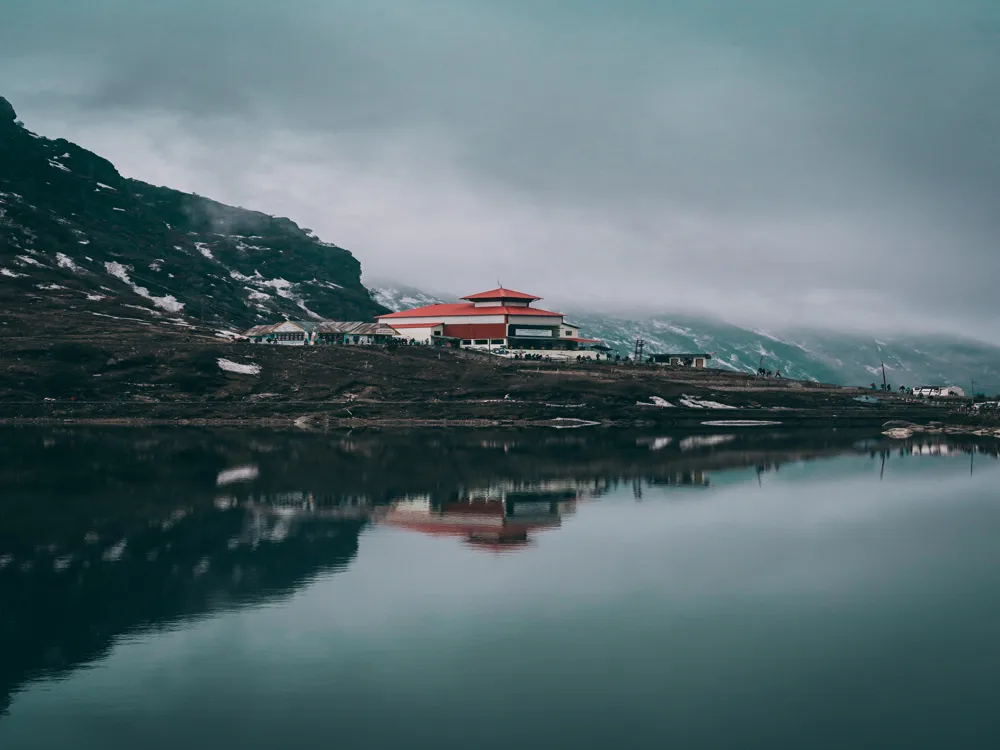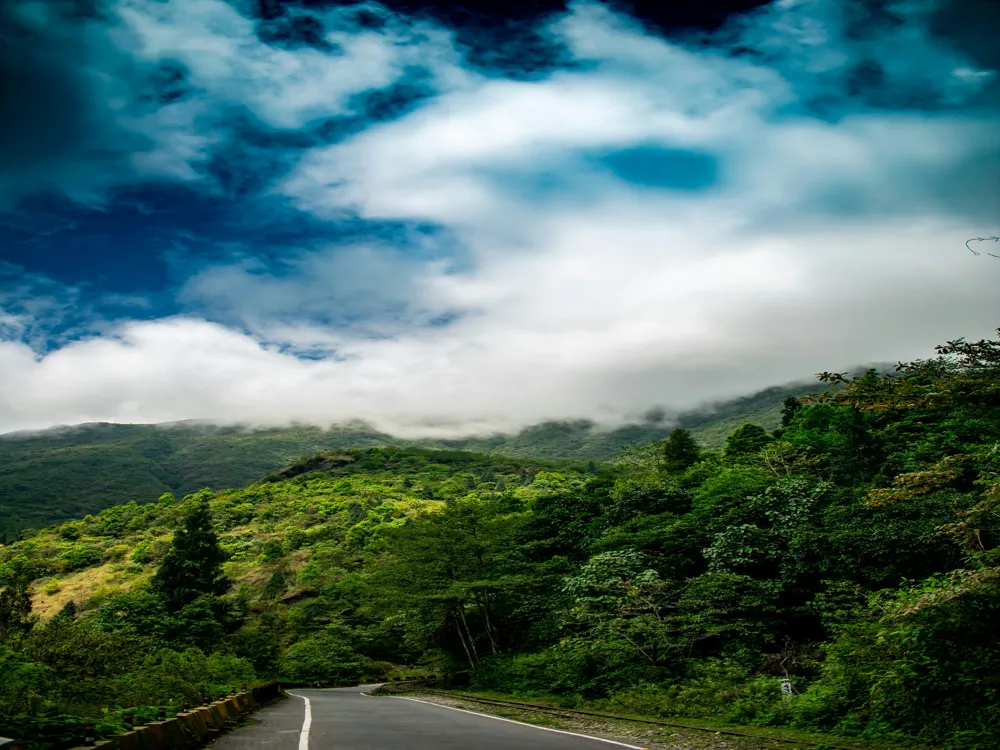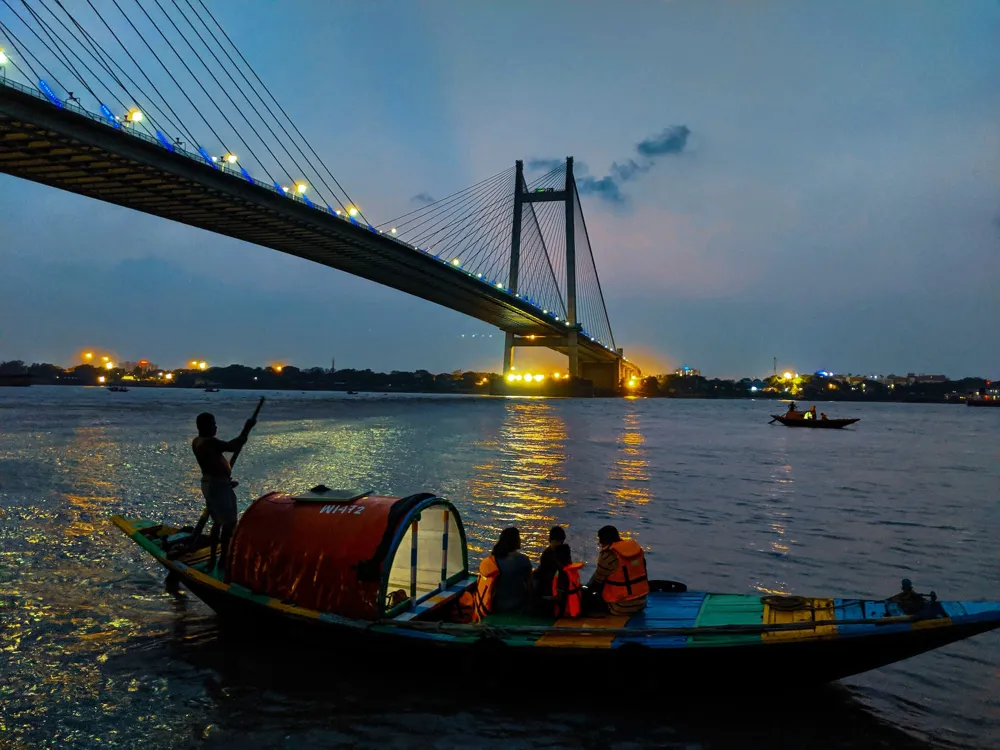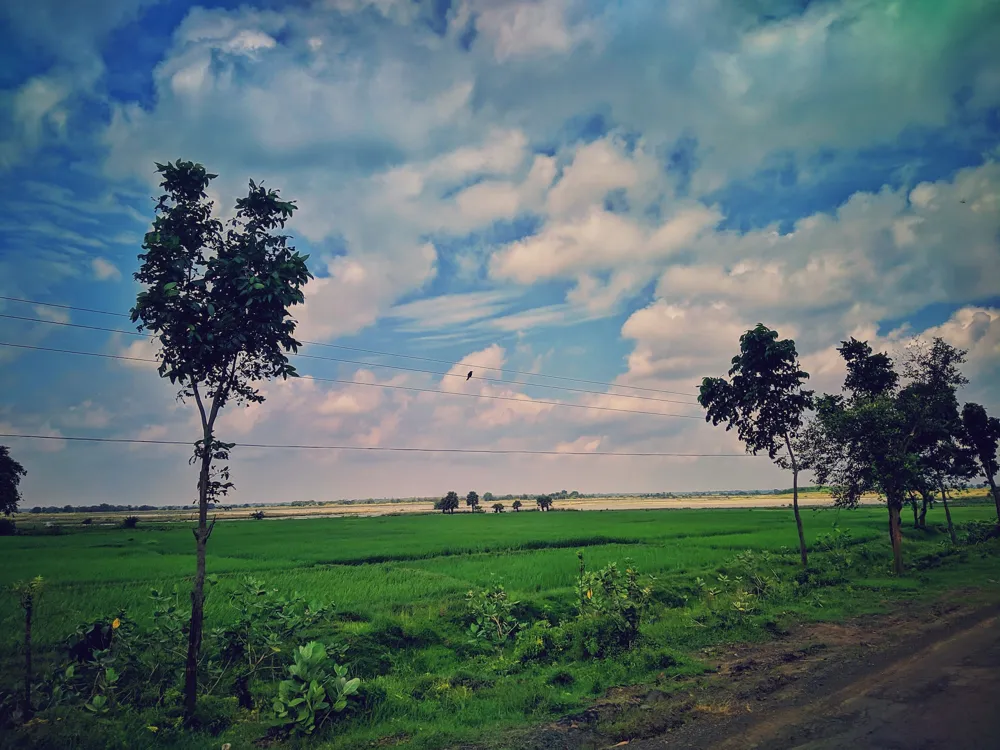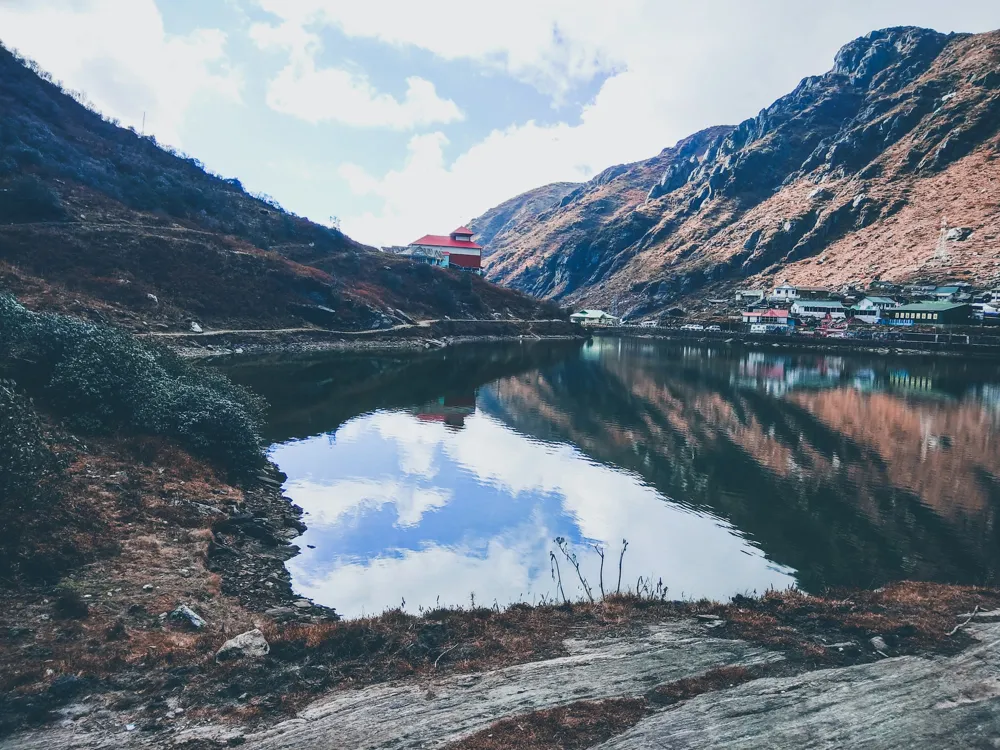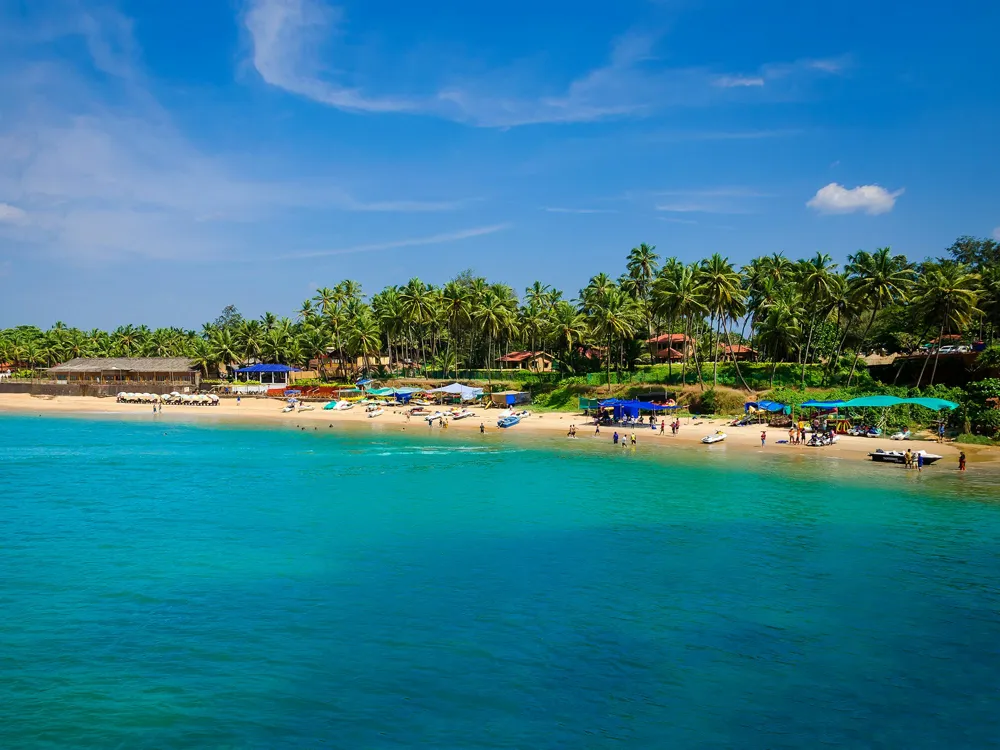Gour, also known as Gauda, Gaur, or Lakhnauti, is a historic city in the Malda district of West Bengal, India. This ancient city, once the capital of Bengal, is a treasure trove of historical and architectural wonders, offering a unique glimpse into India's rich past. Gour's strategic location along the Indo-Bangladesh border, near the river Ganges, played a pivotal role in its historical significance. Gour's history is a tapestry of various dynasties and empires, each leaving their indelible mark on the city. The city's origins date back to at least the 7th century, with significant growth under the Pala dynasty. The Hindu Sena dynasty later took over, and it was during their reign that Gour achieved great prominence. The city reached its zenith under the rule of the Bengal Sultanate, becoming a renowned center of trade, culture, and Islamic learning. The decline of Gour began in the 16th century, leading to its eventual abandonment and the shift of the capital to Murshidabad. The architecture of Gour reflects a fascinating blend of Hindu and Islamic styles, showcasing the diverse cultural influences that shaped the region. Prominent structures include the Firoz Minar, resembling the Qutub Minar of Delhi, and the Dakhil Darwaza, an imposing gateway built of small red bricks. The Chika Mosque, with its beautiful terracotta carvings, is another architectural marvel. The Kotwali Darwaza, once the main entrance to the city, and the Lukochuri Gate, an unusual Mughal structure, are also significant. The architectural landscape of Gour is studded with historical landmarks, each narrating a unique story. The Firoz Minar, a five-storey tower, stands as a testament to the grandeur of the Bengal Sultanate era. The Dakhil Darwaza, used as the royal entrance, is known for its strength and architectural finesse. The Baroduari Mosque, a blend of Hindu and Islamic styles, showcases intricate terracotta designs, a characteristic feature of Bengal architecture. Gour's ruins also include the Qadam Rasul Mosque, known for housing the Prophet's footprint, and the Lottan Mosque, famous for its elaborate terracotta work. The architecture of Gour is a confluence of various styles and influences, reflecting the historical periods it has witnessed. The city's structures, predominantly built during the Bengal Sultanate era, showcase a unique blend of Indo-Islamic architecture. The use of terracotta in many buildings is a distinctive feature, offering insight into local artistic traditions. The architectural style of Gour is predominantly Indo-Islamic, a fusion resulting from the amalgamation of Islamic and local Bengali influences. This style is characterized by domes, arches, and intricate terracotta art. The mosques and monuments in Gour display this synthesis, where Islamic architectural elements are blended with traditional Hindu motifs and terracotta work. Terracotta art is a hallmark of Gour's architecture, exemplifying the skill of local artisans. This art form involves the use of baked clay and is prominently featured in the decorations of walls, panels, and pillars of many historic buildings in Gour. The terracotta panels depict scenes from Hindu mythology, floral designs, and geometric patterns, showcasing an exquisite level of detail and craftsmanship. Among Gour's significant monuments, the Firoz Minar stands out for its impressive height and structural design resembling the famed Qutub Minar. The Dakhil Darwaza, an enormous gateway, showcases robust construction techniques of the Sultanate period. The Chika Mosque represents the artistic terracotta work, with its walls adorned with intricate designs. The Kotwali Darwaza, another architectural marvel, served as a defensive and administrative structure. The Lukochuri Gate, a rare Mughal architectural piece in the region, displays unique design elements from the Mughal era. Visiting Gour is a journey through time, offering insights into the glorious past of Bengal. To make the most of your visit, it's essential to be well-prepared and informed about the nuances of traveling to this historical site. The ideal time to visit Gour is during the cooler months from October to March. The weather is pleasant, making it easier to explore the extensive ruins comfortably. As a site with religious significance, visitors are advised to dress modestly and respect the cultural norms. Avoid loud noises and maintain decorum within the historical premises. Opting for a guided tour can enhance your experience, providing in-depth knowledge about Gour's history and architecture. Local guides are available at the site. Malda town, located nearby, offers a range of accommodation options from budget to mid-range. Local cuisine, known for its unique flavors, is a must-try. For photography enthusiasts, the golden hours of sunrise and sunset offer the best light for capturing the essence of Gour's ruins. Tripods and additional lenses can be helpful. Accessing Gour is relatively straightforward, with various modes of transportation available to suit different preferences and budgets. The nearest airport to Gour is in Bagdogra, approximately 220 km away. From there, one can hire a taxi or take a bus to Malda, and then proceed to Gour. Malda Town railway station is the nearest major railhead, well-connected to major cities like Kolkata, Delhi, and Mumbai. From Malda, Gour is just a short drive away. Gour is accessible by road from Malda, which is well-connected to other parts of West Bengal and neighboring states. Regular bus services and taxis make it convenient to reach Gour from Malda.Discover the Historical Splendor of Gour, Malda, West Bengal
The Rich History of Gour
Architectural Highlights of Gour
Gour's Architectural Marvels: A Deeper Dive
Architectural Marvels of Gour
Exploring the Indo-Islamic Fusion
Intricacies of Terracotta Art
Significant Monuments and Their Architectural Details
Traveler's Guide to Visiting Gour
Useful Tips for an Enriching Experience
Best Time to Visit
Cultural Sensitivities and Respect
Guided Tours
Stay and Food Options
Photography Tips
Reaching the Historical City of Gour
By Air
By Rail
By Road
Gour
Malda
West Bengal
NaN onwards
View malda Packages
Weather :
Label : Must Visit
Tags : Mosque
Time Required : 3-4 hrs
Planning a Trip? Ask Your Question
Also Refered As:
Gaur Relics
Malda Travel Packages
View All Packages For Malda
Top Hotel Collections for Malda

Private Pool

Luxury Hotels

5-Star Hotels

Pet Friendly
Top Hotels Near Malda
Other Top Ranking Places In Malda
View All Places To Visit In malda
View malda Packages
Weather :
Label : Must Visit
Tags : Mosque
Time Required : 3-4 hrs
Planning a Trip? Ask Your Question
Also Refered As:
Gaur Relics
Malda Travel Packages
View All Packages For Malda
Top Hotel Collections for Malda

Private Pool

Luxury Hotels

5-Star Hotels

Pet Friendly







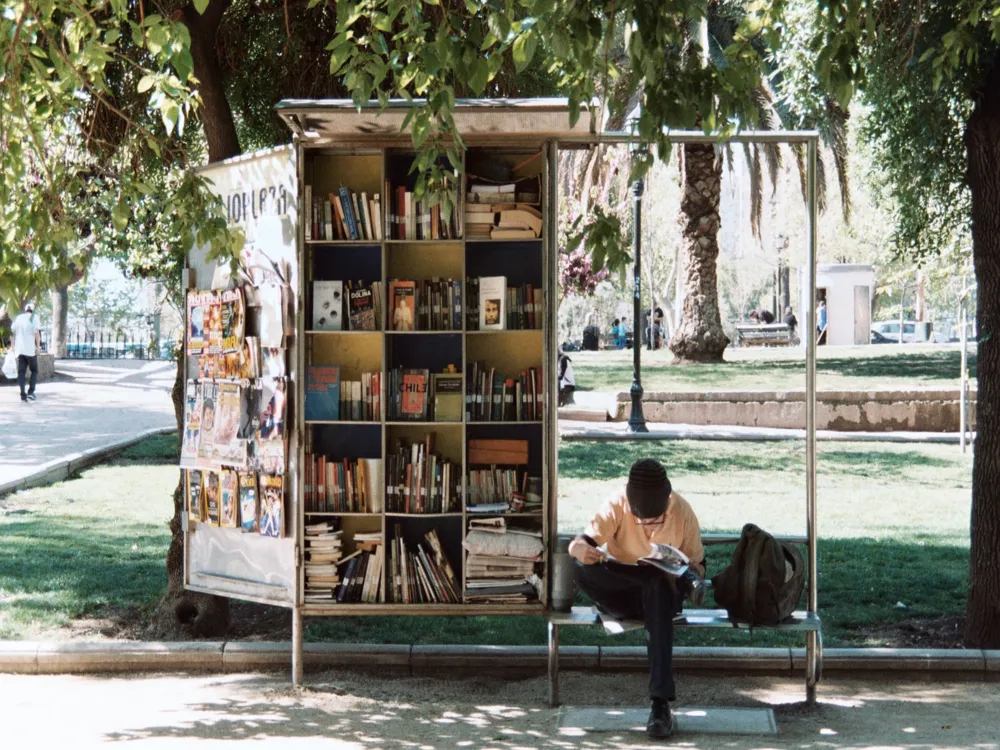
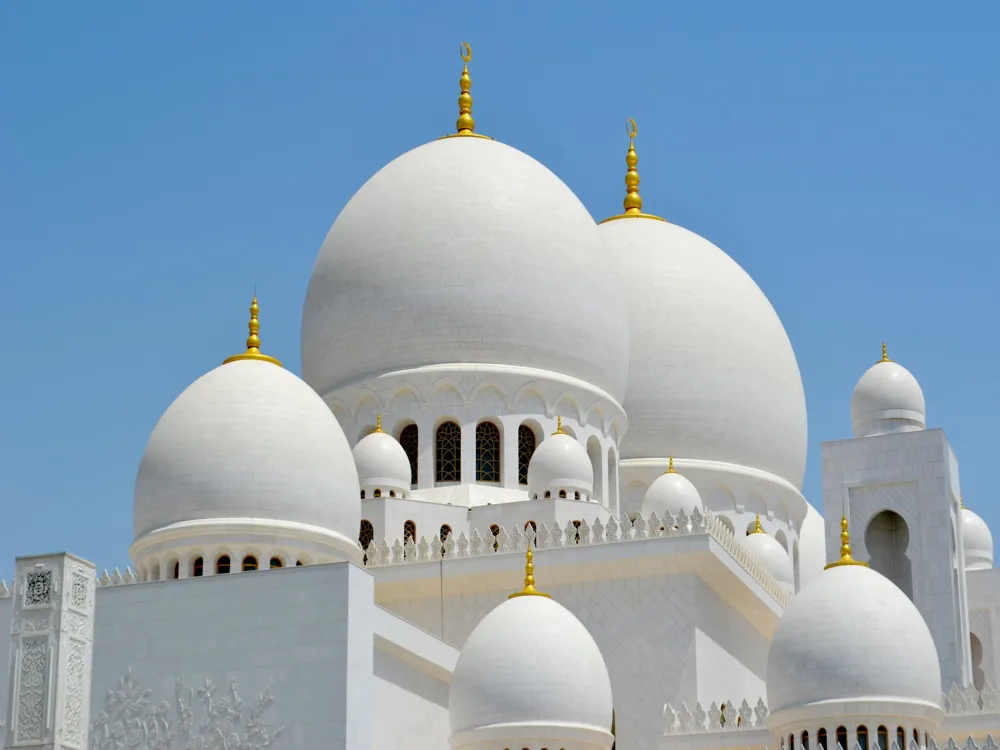
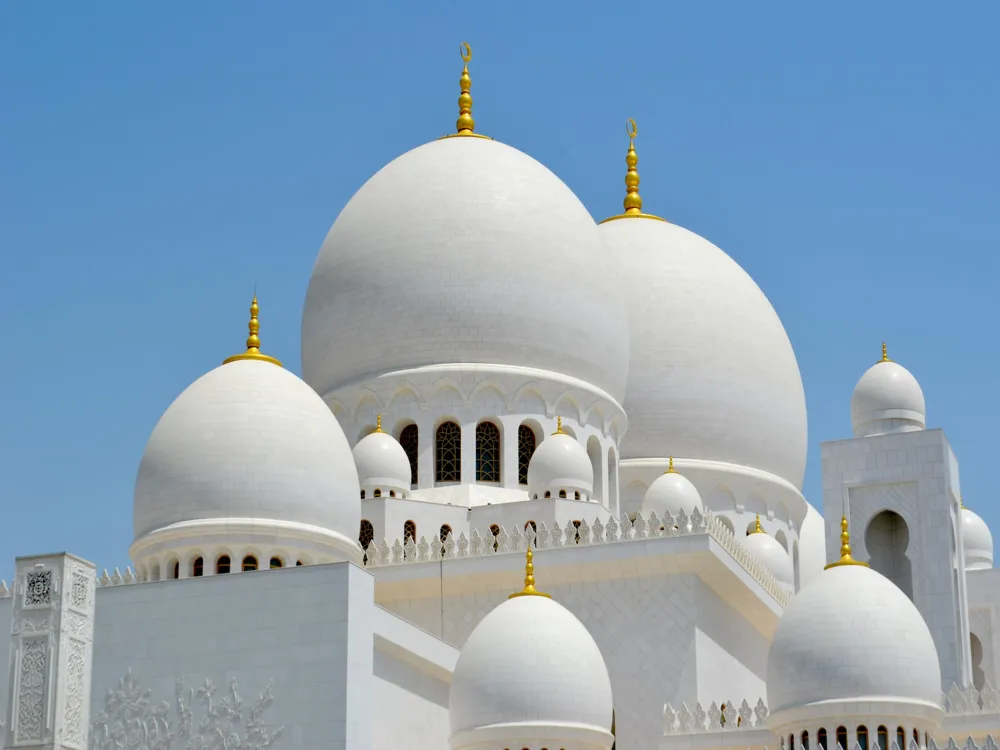
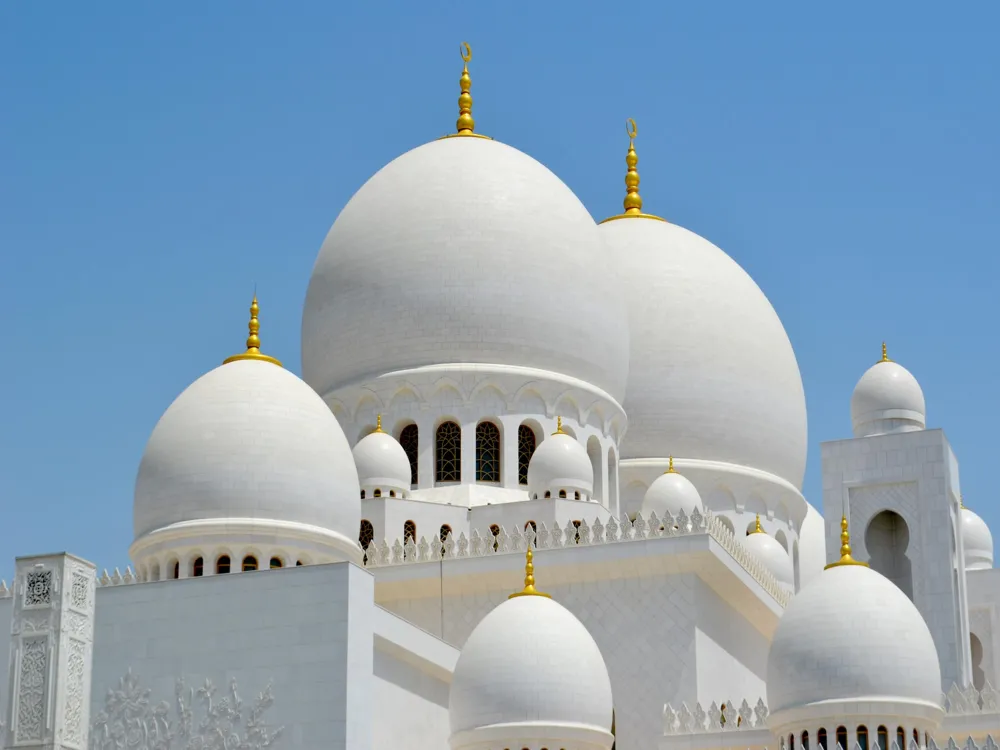
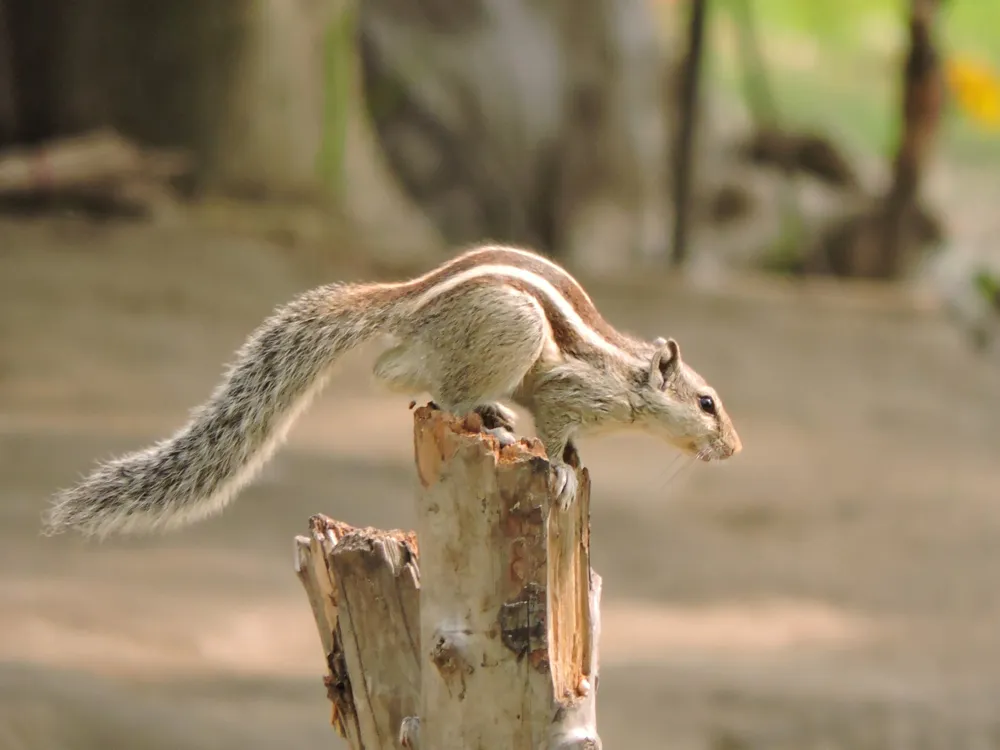
/eklakhi-mausoleum-pandua-slider-1.webp)
